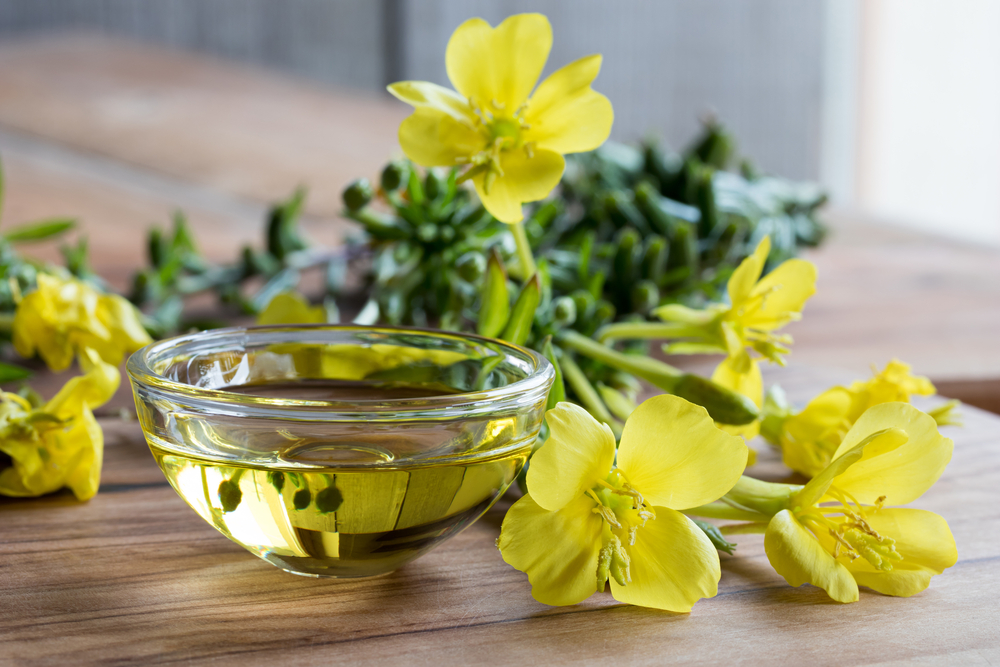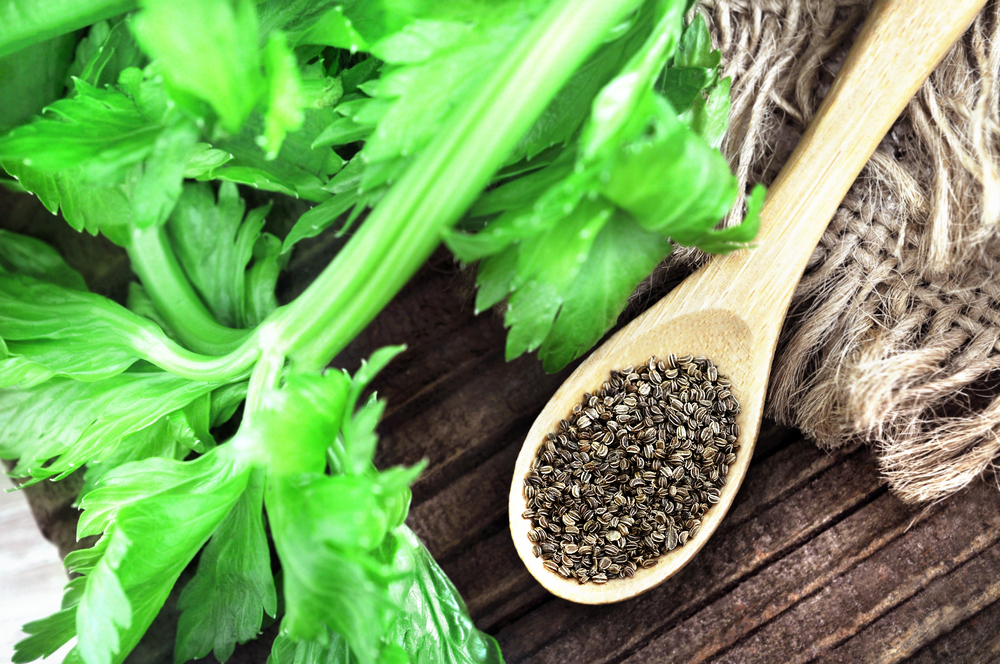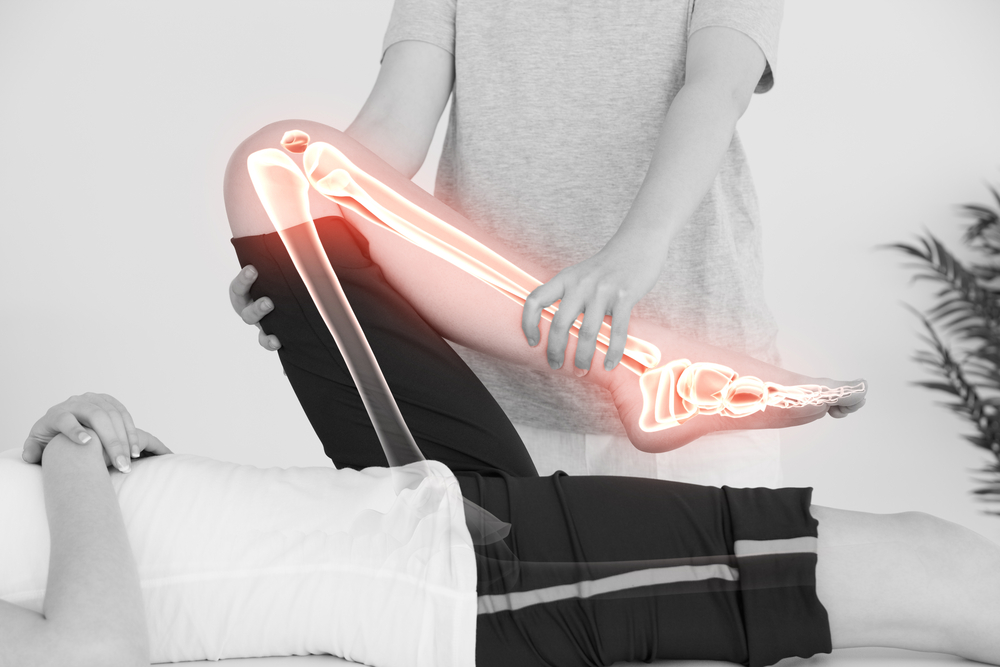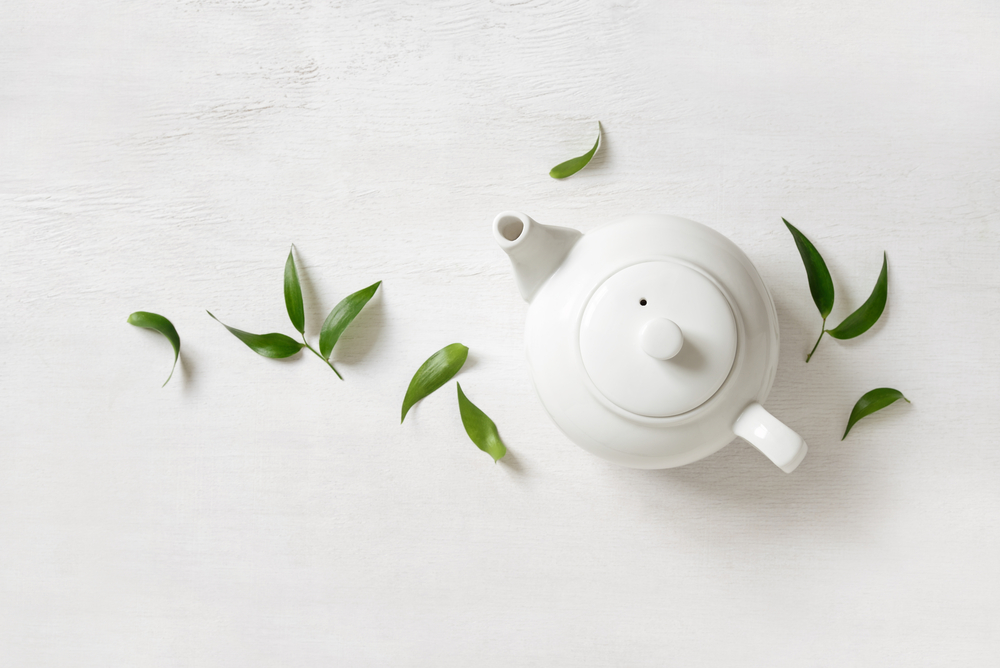Evening Primrose Oil May Help Improve Skin and Hair Health
Use Evening Primrose Oil to Combat Acne! Evening primrose (Oenothera speciosa) is fairly common in subtropical and temperate regions, but is often treated as nothing more than a wild flower found in roadsides and neglected fields.1 But while it is common, its various uses and applications remain to be unknown to a number of people. In earlier times, the evening primrose plant was a staple in the Native American diet, including the Cherokee, Iroquois, Ojibwa and Potawatomi. They boiled its roots and applied it as poultices to bruises and other injuries to speed up healing.2 It was eventually introduced to Europe in the 17th century.3 In current times, evening primrose is used to help alleviate pain and various skin conditions.4 Additionally, most parts of the plant can be incorporated in salads and other dishes to add flavor and color.5 The evening primrose plant is also the source of a valuable oil used in holistic medicine and cosmetics: evening primrose oil (EPO).6 Uses of Evening Primrose Oil Evening primrose oil is made from the plant’s seeds and is most commonly utilized as a supplement for oral administration. Some of the well-known uses for this oil include helping: • Minimize acne breakouts. A primary cause for acne is hormonal imbalance.7 Evening primrose oil can help regulate the production of hormones and prevent acne formation. The high amounts of fatty acids in evening primrose may also help dilute sebum, decreasing the risk of pore clogging. • Alleviate symptoms of psoriasis. Psoriasis is a skin condition that is often characterized by dry, itchy and inflamed skin. It is often linked to leaky gut, where the toxins that manage to penetrate the gut lining enter the bloodstream. These toxins may then influence the emergence of psoriasis symptoms.8 The high amount of gamma-linolenic acid (GLA) in evening primrose oil can help lessen the inflammation in the gut lining and repair leaky gut. By taking evening primrose supplements, you can help treat psoriasis internally.9 • Reduce neuropathy in diabetes patients. In a 2014 study, it was found that supplementation of both vitamin E and evening primrose may be beneficial for easing diabetic neuropathy. After a year of supplementation, 88 percent of the individuals in the study noted a significant reduction in neuropathy pain.10 Health Benefits of Evening Primrose Oil Aside from the uses mentioned above, there are other health benefits you can get from evening primrose oil: • Anti-inflammatory. Evening primrose oil's anti-inflammatory properties can assist in alleviating rheumatism and other conditions stemming from inflammation.11 • May reduce the severity of multiple sclerosis (MS). In a 2013 study, it was found that hot-nature diet intervention with a combination of hemp seed and evening primrose oils may increase polyunsaturated fatty acids, which may indicate improvement in the body's plasma stores.12 A 2018 study showed that while evening primrose may not directly improve the quality of life as a whole, its administration may have an effect on cognitive function and vitality. The pain [...]












